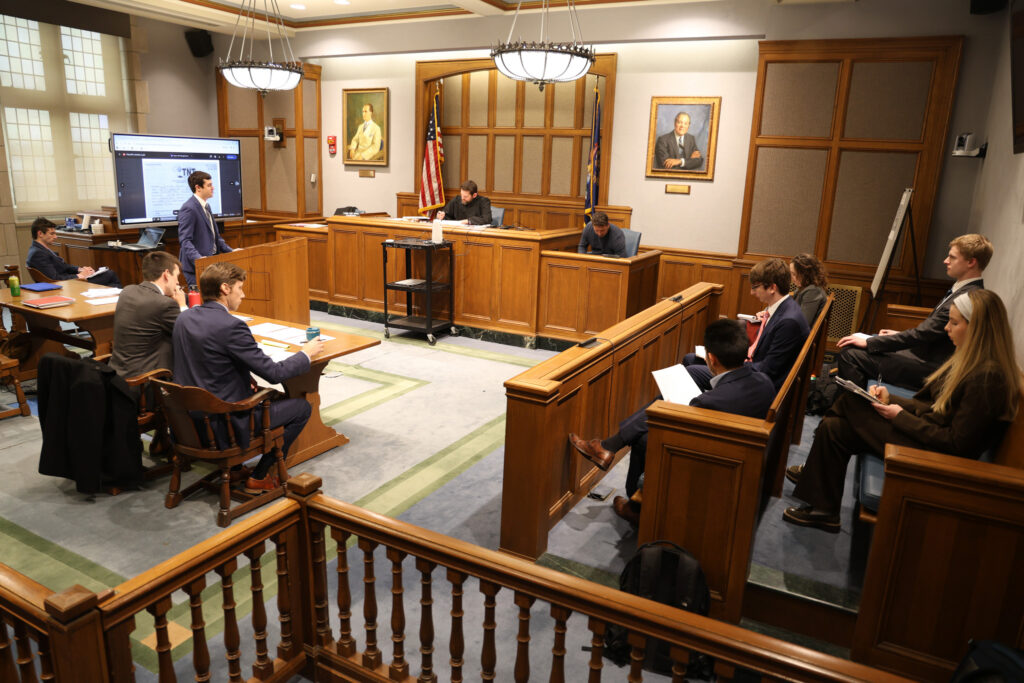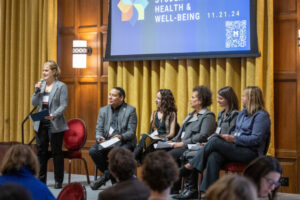Marissa Collins feels immense joy as she watches her 10-year-old son, Aiden, focused on his homework in his bedroom. This sight might not have been possible without the support from the Veterans Legal Clinic at the Law School during a 2023 legal dispute with her ex-husband. Aiden, who previously struggled, now reads three grades above his level and benefits from a school counselor and social worker.
“He’s reached his goals,” Collins shared, noting her son’s newfound enthusiasm for school and his improved behavior. Collins, a Brighton resident and National Guard veteran, is one among hundreds assisted by the clinic. Since its inception in 2015, the clinic has offered free legal services in civil matters, including divorce and custody, to veterans who often struggle to afford legal representation.
Matthew Andres, clinic director, highlighted the high demand for legal aid among veterans, who commonly hesitate to seek help from general legal aid providers. “But when there is an organization that is specifically dedicated to veterans, then they are more likely to take advantage of that service,” he explained. The clinic stands as Michigan’s sole provider of civil legal services exclusively for veterans, serving 10 counties in southeast Michigan, covering nearly half the state’s veteran population.
Andres shared, “Our clinic has had a significant impact on meeting the civil legal needs of Michigan veterans.” Law students at the University of Michigan gain real-world experience by representing clients, handling all aspects of cases, from client interviews to court proceedings.
Supervised by Andres and Carrie Floyd, students manage various tasks, balancing clinic responsibilities with their academic studies. Despite the challenges, Andres praised their dedication. The clinic supports 40-50 veterans annually, many of whom learned about the clinic through veteran-focused organizations and professionals. Collins expressed gratitude, acknowledging the empathy and determination shown by the students in her case.
The clinic’s reach extends beyond individual clients. For instance, it prompted a legislative change in Michigan after advocating for a 67-year-old disabled veteran, Bill Bennett, who was denied food assistance due to a felony drug conviction. The case led the state to eliminate the restrictive rule. “The students did their homework,” Bennett stated, appreciating the transparency and support from the clinic. Andres expressed pride in the broader impact, benefiting numerous individuals with similar convictions.
—
Read More Michigan News





